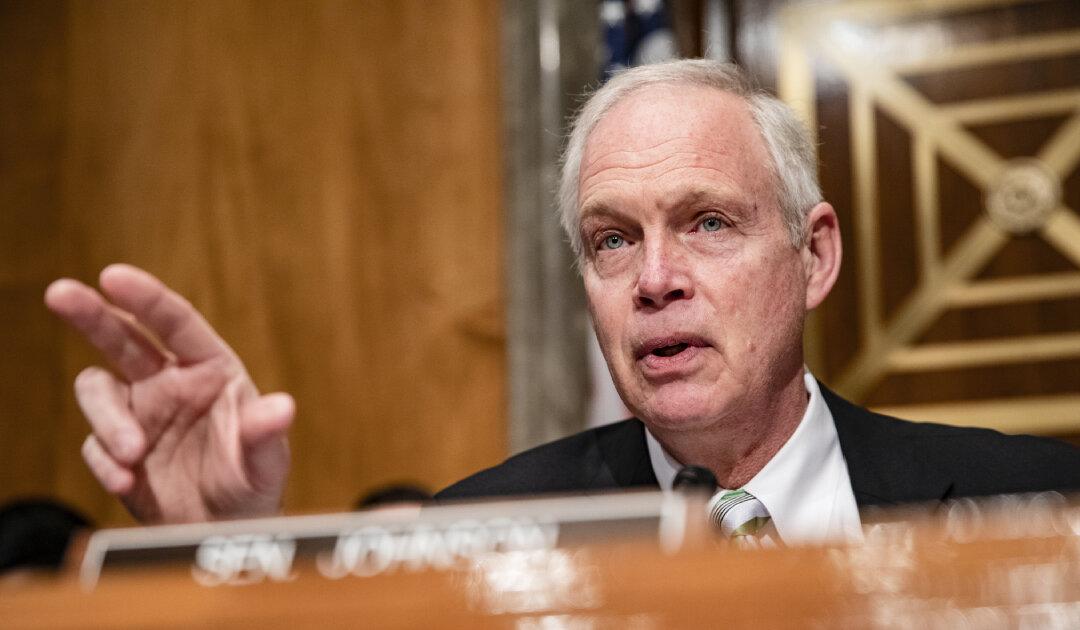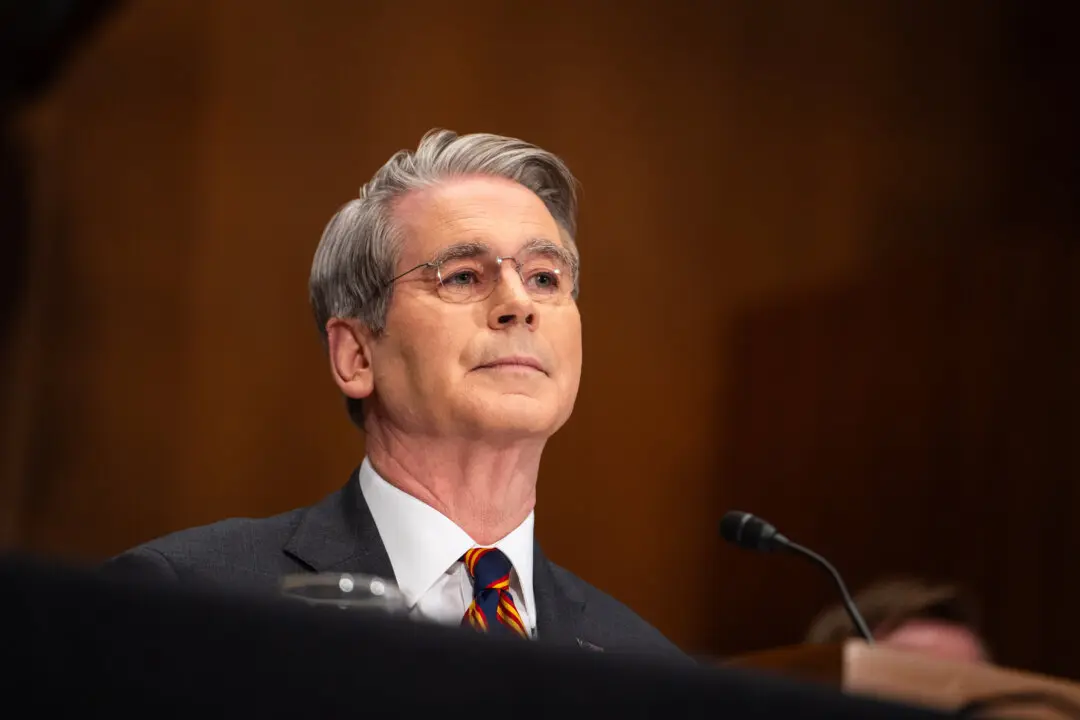Senate Republicans appear to be divided on whether to send more direct stimulus payments to Americans, even though President Donald Trump this week expressed support for the measure.
“I wasn’t supportive of the first round. I don’t think I’d be supportive of the second,” Sen. Ron Johnson (R-Wis.) told reporters. “This is not a classic recession that requires financial stimulus.”





